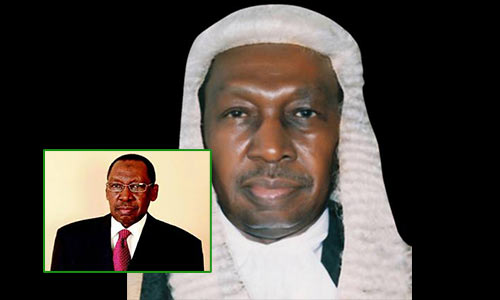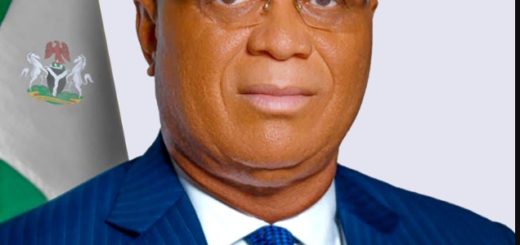End of an Era: Justice Uwais, Electoral Reformer and Judicial Giant, Dies
 Nigeria is mourning the loss of one of its most esteemed jurists, Justice Mohammed Lawal Uwais, who passed away in Abuja on Friday at the age of 89. A family source confirmed the news, noting that preparations for his funeral prayer and burial are underway.
Nigeria is mourning the loss of one of its most esteemed jurists, Justice Mohammed Lawal Uwais, who passed away in Abuja on Friday at the age of 89. A family source confirmed the news, noting that preparations for his funeral prayer and burial are underway.
Born on June 12, 1936, Uwais made an indelible mark on Nigeria’s legal landscape. He served as Chief Justice of Nigeria (CJN) from 1995 to 2006 and was widely acknowledged as a pillar of integrity and judicial innovation.
Appointed to the Supreme Court at just 43, Uwais went on to become the second longest-serving CJN in Nigerian history. His 11-year leadership at the judiciary and 27 years on the Supreme Court bench earned him the distinction of being its longest-serving Justice.
Justice Uwais’ career spanned some of Nigeria’s most turbulent political eras—serving under five military juntas and two civilian governments. His judicial journey began under the military rule of General Olusegun Obasanjo and concluded under the same figure, this time as a democratically elected president.
Even after retirement, Uwais remained a central figure in national reform. In 2008, President Umaru Musa Yar’Adua appointed him chairman of the Electoral Reform Committee. The committee’s influential report laid the foundation for transformative changes in Nigeria’s electoral processes—a contribution still echoed in political discourse today.
Under his leadership, the judiciary was seen as a bastion of integrity. In 2006, Nigerians collectively voted the judiciary “Man of the Year”—a rare honor reflecting the nation’s confidence in his stewardship.
Tributes have been pouring in from across the country. Colleagues, legal practitioners, and public figures are remembering Justice Uwais as a man of unmatched legal brilliance, moral fortitude, and enduring public service.
He is survived by his family, colleagues, and a grateful nation that continues to benefit from his legacy.













